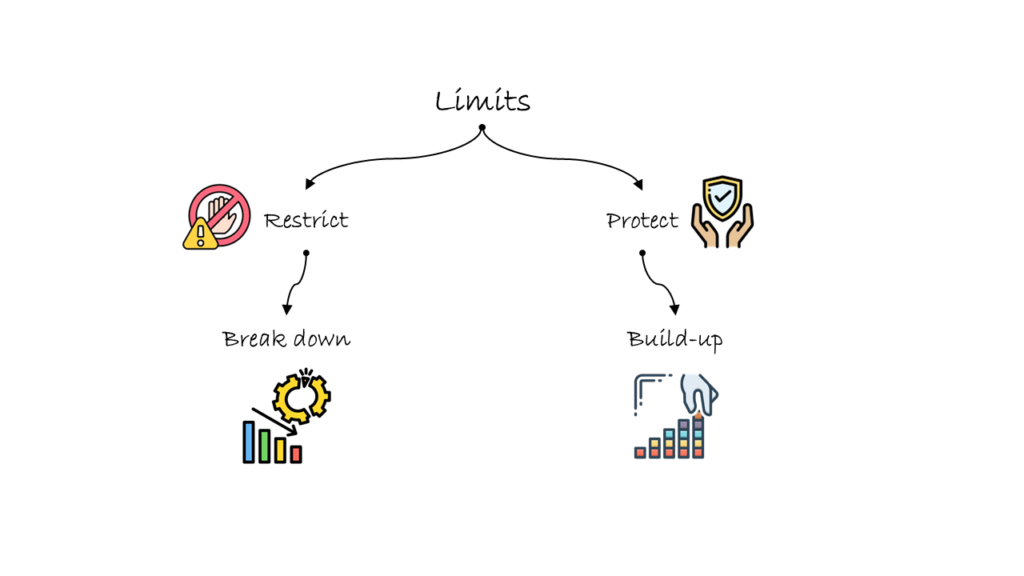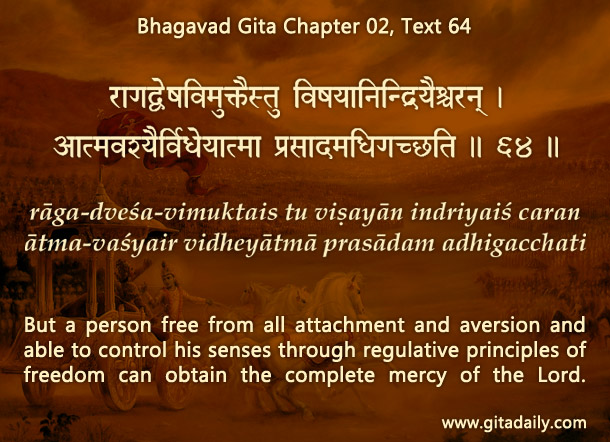
Understanding the role of limitations
We all face limitations in life. These include natural limits, such as the finiteness of our lifespan and capacities, as well as cultural or societal constraints imposed upon us. To effectively deal with such limitations, it is essential to discern what a particular limitation is doing—whether it is protecting or restricting us.
Rebelling against limitations
A part of us may instinctively resent all limitations, prompting rebellion. However, not all limitations are harmful; some are essential for our protection. Fighting against protective limits or rejecting them prematurely can lead to greater harm.
Differentiating protective and restrictive limits
Learning to evaluate what a limitation is doing is both valuable and indispensable.
Protective boundaries: At certain times, limits are necessary to safeguard us. For example, keeping a child within the home’s boundaries protects the child.
Restrictive boundaries: When those same limits persist unnecessarily, they can become restrictive. For instance, if a child is not allowed to explore the world beyond the home when it is safe and appropriate, the boundary becomes a hindrance.
Understanding how the purpose of a limit evolves over time can help us assess it more objectively, rather than emotionally.
Guidance from the Bhagavad-Gita
The Bhagavad-Gita (2.64) highlights the importance of intelligence in discerning when to uphold a boundary for protection and when to transcend it to avoid unnecessary restriction. This balance enables us to grow without exposing ourselves to unnecessary risks.
Summary
- Protective limitations: Boundaries can safeguard us when needed. We must learn to maintain such limits as long as they serve their purpose.
- Restrictive limitations: When boundaries hinder growth, they should be broken down at the right time.
- Intelligence and discernment: Using our intelligence, we can identify the role of a limitation and act accordingly to either preserve or transcend it.
Think it over
- Reflect on a boundary in your life that protects you. How can you strengthen it?
- Identify a limitation that restricts you. How can you work toward breaking it down?
- Recall an incident when you mistook a protective boundary for a restrictive one. What did you learn from that experience?
***
02.64 But a person free from all attachment and aversion and able to control his senses through regulative principles of freedom can obtain the complete mercy of the Lord.


Leave A Comment